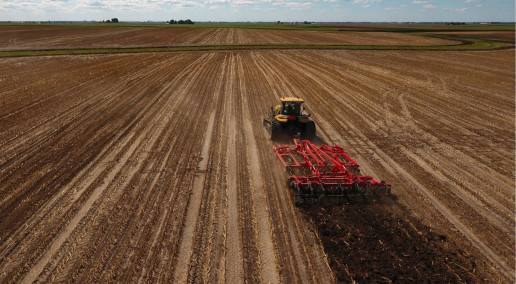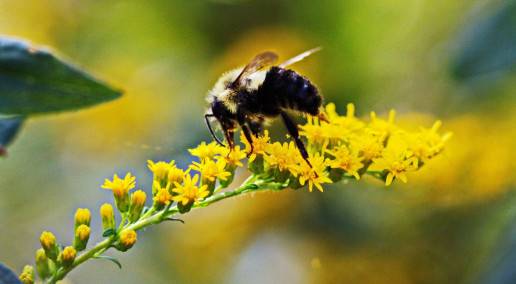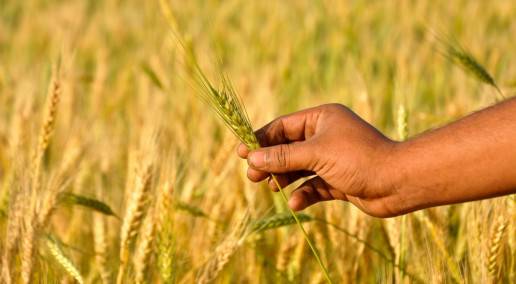In this session Gabrielle Bastien brings an international viewpoint from COP26 in Glasgow, Scotland, of forage and grassland sector roles in addressing global climate change goals. There has been a trend towards agro-ecology, towards organic, biodynamic, regenerative, holistic grazing systems, regenerative agriculture, natural forest ecosystems, and away from conventional agriculture.
Gabrielle Bastien is founder and co-director of Regeneration Canada and vice-president, 4per1000 Initiative. Driven by a strong desire to contribute to the fight against the climate crisis, she founded Regeneration Canada in 2017, a non-profit dedicated to promoting soil regeneration to mitigate climate change, restore biodiversity, improve water cycles and support a healthy food system. Regeneration Canada has contributed to raising awareness to hundreds of thousands of people on this solution and to changing the climate narrative in Canada. She has hands-on experience from a farm in Vermont and has gathered years of experience in communications, project management and event planning. In March 2021, Gabrielle was elected as vice-president of the 4per1000 initiative. She is a proud recipient of Canada’s 2021 Clean50 Emerging Leader Award.
It is key for all stakeholders to be aware of issues in soil health. They should have a multi-stake holder approach that works on awareness, education, and network building and integrate EDI through organization. Living Soil symposium is a large event and celebration of all soil stakeholders, that discusses memberships, workshops and a map of regenerative farms to help make connections.
The 4per1000 international multi-stakeholder initiative will enhance food security, help adapt to and mitigate climate change with sustainability goals. Four per 1000 is a rough concept of how much carbon needs to be sequestered each year to capture our annual emissions, to link healthy soil to climate mitigation.
Are large international events worth it?
These events are needed to advance commitments, relationships, engagement and the power of small countries to state their situations that are really struggling. Yes, these events move slowly, and it emits lots of GHG to gather, but it pushes heavy emitters to have more ambitious targets and also inspires and empowers grassroots. People are hopeful when seeing nature-based solutions showcased.
Back to Carlene Schneider



Leave a Comment